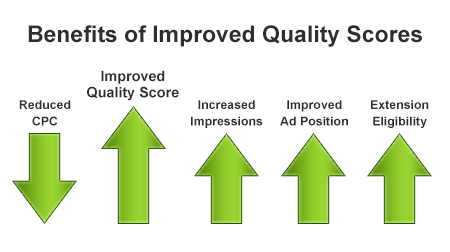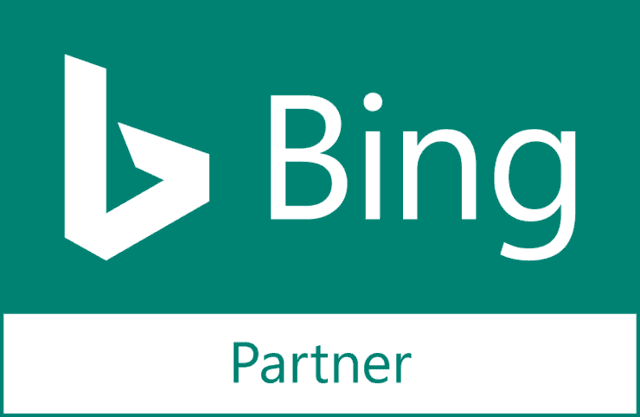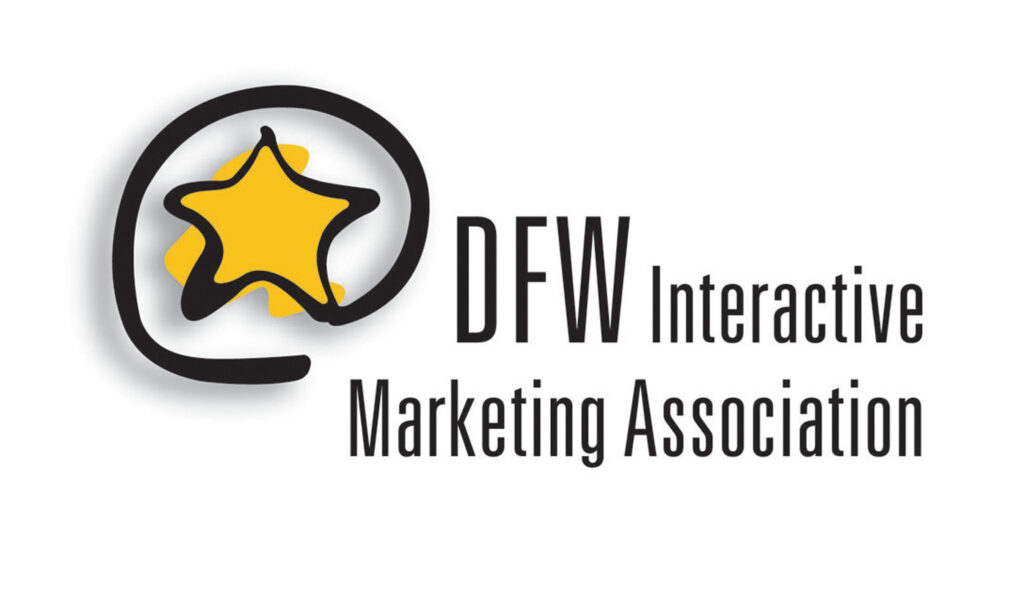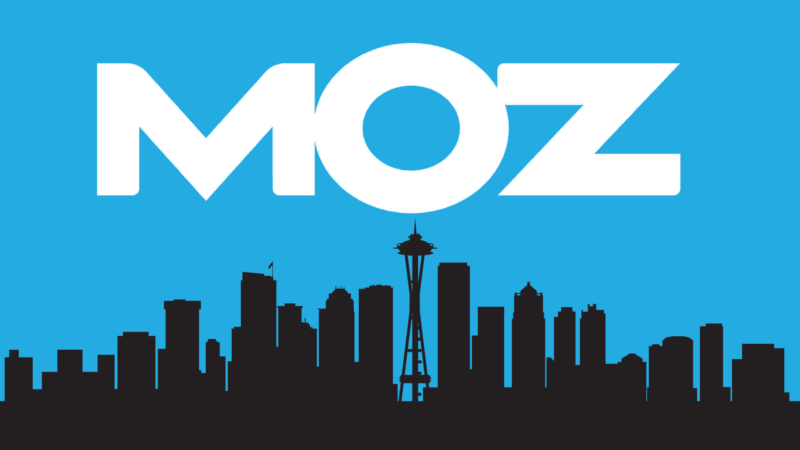On Thursday, BBC ran a story about the findings from an eBay report that claimed “paying for advertising in the form of keywords on search engines has little effect on sales.” The story is actually misleading, as the 25-page report from eBay is primarily relating to branded terms.
The authors of the research made this claim:
“Results show that brand keyword ads have no short-term benefits, and that returns from all other keywords are a fraction of conventional estimates.”
While this may be true for big brands like eBay and Walmart (more on that later), small businesses are a different story, and I’ll tell you why.
1. Paid + Organic = Higher CTR
Since the research attacked them specifically, let’s talk “short-term” benefits first. One short-term benefit of adding branded keywords to your account is an increase in overall click-through-rate (CTR). A study by Amplify Interactive in January showed that CTR increased by more than 5% when paired with a paid listing.
That’s 5% less visitors to your site if you decline to advertise on your brand terms. For most small businesses, these terms come at a very low cost. Most of our clients pay less than $0.50 per lead when they bid on brand terms while they’re paying sometimes 10-50 times that for non-branded terms.
2. You Need to Protect Your Brand
It’s common in this industry to see competitors bidding on each other’s brand terms in the search engine results pages (SERPs). If you’re not bidding on those brand terms and your competitor is, they’re showing up above your organic listing. Let’s not forget that 40% of users don’t even realize those are advertisements.
Recently, one of my clients contacted me to let me know they received a call from a prospect who thought they actually were one of their competitors because they showed up for their brand term. (Note: We weren’t actually bidding on their brand. They showed up because of a phrase match keyword.)
Big corporations like Walmart and Amazon have a massive amount of legal protection over their brand names. For many of these, Google automatically blocks others from advertising under them, and even if someone were to slip through the cracks, these companies have the money to get involved in a lawsuit and protect themselves from competitors.
Small businesses do not have this luxury.
“Legal protection of your brand has a substantial upfront cost for the small advertiser. If a competitor is targeting a client’s brand terms, it’s our job to help protect that space.”
– Kevin Adams, Director of Paid Search at WrightIMC
If Google isn’t blocking competitors from bidding on your Trademark, the only way to protect that space is to bid on the terms yourself.
3. Quality Score is King
Anyone working with PPC ads knows that quality score can make or break your account. Search Engine Watch’s comprehensive guide to quality score lists the overall CTR history of the entire account as a major factor in how Google determines this score.
Branded terms notoriously have higher click-through-rates than any other terms. These can help raise overall quality score of the account, which has a host of benefits.
Improving quality scores will:
- Increase impressions across the board
- Reduce cost-per-click
- Improve overall ad position
- Increase eligibility to include ad extensions such as product extensions, site links, and location
That means if you’re currently bidding on brand terms and you turn them off, you can expect decreased impressions across the board, increased cost-per-click, loss of extensions, and overall decline in ad position.
Ignore the Hype
Before you go deleting your branded campaigns, ask yourself if any of these situations apply to you:
- Are you a small business that could stand to benefit from increased brand visibility?
- Are your competitors bidding on your brand terms? If they are, do you have the ability to stop it – legally or otherwise?
- Could your account benefit from an improved quality score?
Remember, you’re probably not eBay. If any of these situations apply to you, weigh the pros and cons, and if necessary, ignore the hype and do what works for you.
It’s Your Turn
What do you think? Do you advertise on brand terms? Why or why not? Let us know in the comments section below.






